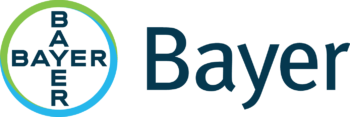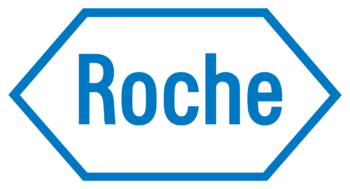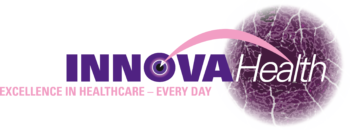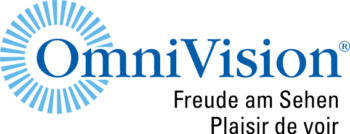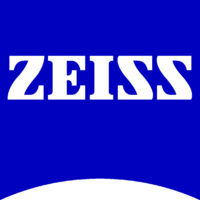S'inscrire
Full price
Physicians and doctors, professors, researchers and industry
Half day price
Physicians and doctors, professors, researchers and industry
Reduced price
Residents, post-docs, optometrists, orthoptists, caregivers, partners of the Fondation Asile des aveugles
Student price
Students and PhD students
Fondation Asile des aveugles's employees
How to best help people with low vision?
The Low Vision Symposium provides the venue to link the latest scientific discoveries in low vision research to innovative interventional procedures for the management of low vision. Starting from the assessment of the behavioural consequences of low vision, the symposium will highlight the neuropsychological aspects affected by low vision, the modifications in the brain dynamics brought by low vision, up to the current and exploratory clinical protocols to treat the different deficits associated with low vision. Talks will be given in English. The symposium ends with the attribution of a Young Investigator Award to the best student presentations in human vision neuroscience, neuro-ophthalmology, or any related discipline. The symposium is followed-up by the research topic “Neuro-Behavioral Insights on Low Vision and Beyond”.
Programme
Organizers:
Dr Diego Ghezzi, Fondation Asile des aveugles, Lausanne, Switzerland.
Prof. Silvio Ionta, Fondation Asile des aveugles/University of Lausanne, Lausanne, Switzerland.
Language: english
CME points : 6
PhD Credits: The FBM-UNIL doctoral school provides 0.25 ECTS. In addition, all participating doctoral students also have the opportunity to take the « course option » of the event as proposed under the umbrella of the LNDS (https://wp.unil.ch/lemanicneuroscience/files/2024/03/LowVisSymp2024-1.pdf).
Welcome coffee and registration
Introduction
Moderators: Prof. T. J. Wolfensberger, Prof. S. Ionta and Dr Diego Ghezzi
Session 1
Low vision assessment
Moderator : Prof. R. Schlingemann
Current trends in low vision research
Ms. Fatima Anaflous, Hôpital ophtalmique Jules-Gonin, Fondation Asile des aveugles, (Switzerland)
E-health intervention to improve fatigue in adults with visual impairment. Results from a randomized controlled trial
Prof. Ruth Van Nispen, Amsterdam University Medical Centers (NL)
Cognitive, behavioural and neuropsychological characteristics and interventions in children with low vision
Prof. Naomi Dale, University College London (UK)
Coffee break
Session 2
Brain Dynamics in Low Vision
Moderator : Prof. S. Ionta
Visual impairment due to stroke
Prof. Fiona Rowe, University of Liverpool (UK)
Cortical adaptation and plasticity in response to vision loss
Prof. Susana Chung, University of California, Berkeley (USA)
Assessment and treatment of vision problems due to brain pathologies
Prof. Joost Heutink, University of Groningen (NL)
Lunch break
Session 3
New Perspectives in Low Vision
Moderator : Prof. T. J. Wolfensberger
How to create low vision rehabilitation services
Prof. Silvio Mariotti, World Health Organization (CH)
A global health perspective on the impact of vision impairment on people’s life experience
Prof. Gianni Virgili, University of Florence (IT)
Rehabilitation procedures at the Service Social et Réadaptation Basse Vision
Diana Morais De Almeida & Sophie Jumeau, Fondation Asile des aveugles (CH)
Coffee break
Session 4
Interventional Strategies in Low Vision
Moderator : Prof. D. Ghezzi
Assessment and Rehabilitation in Cerebral Visual Impairment
Prof. Els Ortibus, Katholieke Universiteit Leuven (BE)
Neuromodulation with microcurrent stimulation for low vision restoration and rehabilitation
Prof. Bernhard Sabel, University of Magdeburg (DE)
Assistive technologies for the management of individuals with low vision
Prof. Ahalya Subramanian, City University of London (UK)
New technologies for low vision management
Ms. Marine Clogenson, EPFL (CH)
Session 5
Students’ presentations for the Frontiers Excellence Prize
Ceremony
Young Investigator Award : Frontiers Excellence Prize
PhD and master students are encouraged to submit abstracts for the Frontiers Excellence Prize (max 250 words, English). Only registered students are allowed to apply. First, abstracts will be peer-reviewed and evaluated for scientific and/or clinical impact on Human Vision Neuroscience, Neuro-Ophthalmology, Neuropsychology, or any related discipline. The best abstracts will advance to the second step: a short live presentation during the symposium. In the final step, peer-reviewers will judge the candidates and assign awards.
To participate to the Frontiers Excellence Prize, please send an abstract by e-mail by 14 April 2024.

Contact
Jules Gonin Eye Hospital
Ms Charlotte de Raemy
T. +41 21 626 80 85
coursetcongres@fa2.ch
Avec le soutien de
